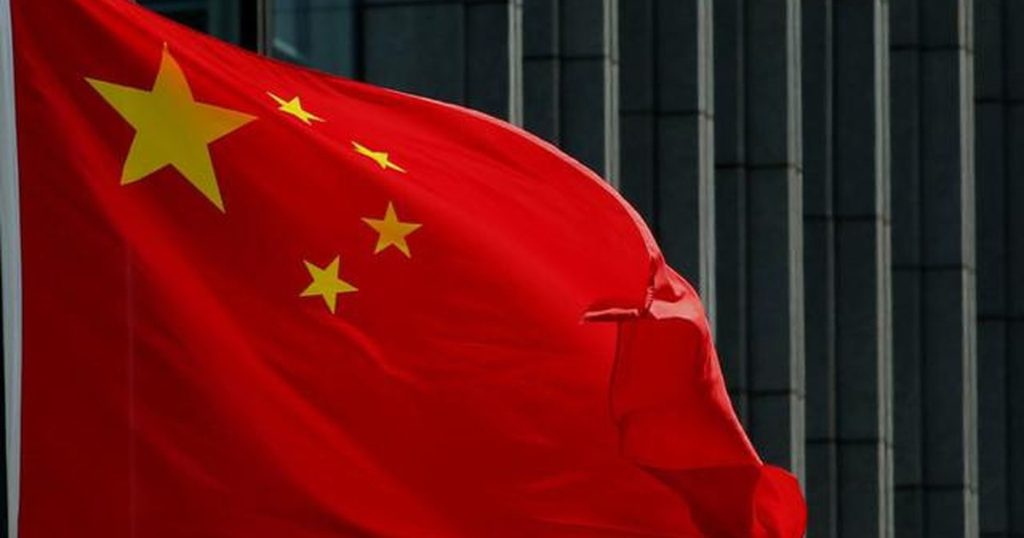
In a dramatic escalation of diplomatic posturing between China and Japan, Beijing has issued a formal travel advisory urging Chinese citizens not to travel to Japan. The move comes amid growing tensions triggered by comments from Japan’s new leadership and Beijing’s sensitivity over its regional security posture. According to reports, Japan has formally protested the advisory. Reuters+1
What exactly is happening?
China’s advisory warns against travel to Japan, citing security concerns and what it terms “erroneous remarks” by Japanese officials. AP News+1 Specifically, the trigger appears to have been comments from Japanese Prime Minister Sanae Takaichi, who stated in parliament that a Chinese attack on Taiwan could represent an “existential threat” to Japan and may require a military response. Reuters+1 Japan alleges the advisory is politically-motivated and has asked China to take “appropriate measures”. Reuters
Why now?
Several factors appear to be at play:
- Taiwan flashpoint: China regards Taiwan as part of its territory and is highly sensitive to any Japanese comments suggesting involvement in Taiwan’s defence. The Japanese assertion that Beijing’s military action against Taiwan could threaten Japan triggered Beijing’s reaction.
- Tourism and economic leverage: Chinese tourists are a major component of Japan’s tourism economy. By urging citizens to avoid Japan, Beijing applies soft pressure on Tokyo’s economy and sends a message.
- Security narrative: China also cites safety vulnerabilities for its nationals in Japan: noting assaults, anti-Chinese sentiment, and a deteriorating atmosphere for exchange. AP News+1
- Diplomatic signalling: The advisory serves as a visible marker of displeasure—a step short of sanctions, but a clear diplomatic blow.
What are the immediate effects?
- Three Chinese airlines reportedly offered penalty-free refunds or changes to tickets destined for Japan following the advisory. Reuters
- Japan lodged a protest and pressed China for “appropriate measures” to reverse or clarify the advisory. Reuters+1
- For Japanese tourism and business dependent on Chinese visitors, the advisory introduces risk and uncertainty.
- In diplomatic terms, the incident adds a layer of friction to already strained China-Japan relations, especially given Japan’s shifting security posture.
What does this mean for broader regional dynamics?
This travel advisory signals more than just tourism concerns; it points to deeper issues:
- Japan’s increasingly assertive defence posture and its comments regarding Taiwan are provoking Beijing.
- China may be willing to use non-military levers (travel advisories, economic pressure) to influence Japan’s behaviour.
- The Indo-Pacific security environment may face additional turbulence if diplomatic ties between these major regional powers weaken further.
- For third parties (for example, Southeast Asian countries, multinationals, travellers), the episode is a reminder that tourism and travel remain vulnerable to geopolitical shifts.
What should travellers and observers keep in mind?
- For Chinese nationals: heed the advisory, check with airlines and travel insurance, and monitor further updates from Chinese authorities or the Chinese Embassy in Japan.
- For non-Chinese travellers: while the advisory is directed at Chinese citizens, the broader diplomatic tension may affect visa services, flight availability, tourist pricing, or traveller sentiment in Japan.
- For businesses and policy watchers: watch how Japan responds—whether it backs away from the Taiwan-related rhetoric, or whether China issues further steps (economic, diplomatic) in response.
- For regional stability: monitor whether this incident remains isolated or becomes part of a pattern of increased pressure by Beijing on neighbours regarding Taiwan and defence issues.
Could this escalate further?
Yes, several pathways exist:
- China could broaden its advisory or extend it to other travel categories (business, education) related to Japan.
- Japan might respond with its own measures (travel advice for its citizens in China, diplomatic protests) increasing bilateral tensions.
- If Japan’s leadership continues to make statements regarding Taiwan or strengthen defence arrangements with the United States, Beijing may interpret that as provocation and respond accordingly.
- The tourism economic impact may force one side or the other to negotiate or clarify behind the scenes.
Conclusion
In summary, China warns citizens against Japan travel is not simply a routine travel caution—it is a tactical diplomatic manoeuvre embedded in the broader context of China-Japan relations, regional security around Taiwan, and economic leverage via tourism. As travel advisories go, this one carries subtler implications: strategic signalling, diplomatic pressure, and the potential to amplify into larger bilateral or regional conflicts. For travellers, businesses and policymakers, it is a reminder that tourism is never purely commercial—it can reflect the health of international relations. The coming weeks will reveal whether this remains a one-off message or the beginning of a more sustained campaign of pressure.
If you like, I can also produce this article in Indonesian (Bahasa Indonesia) with localised references for the Indonesian audience, and craft a matching thumbnail prompt (ratio 15:9) for your content production workflow. Would you like that?





